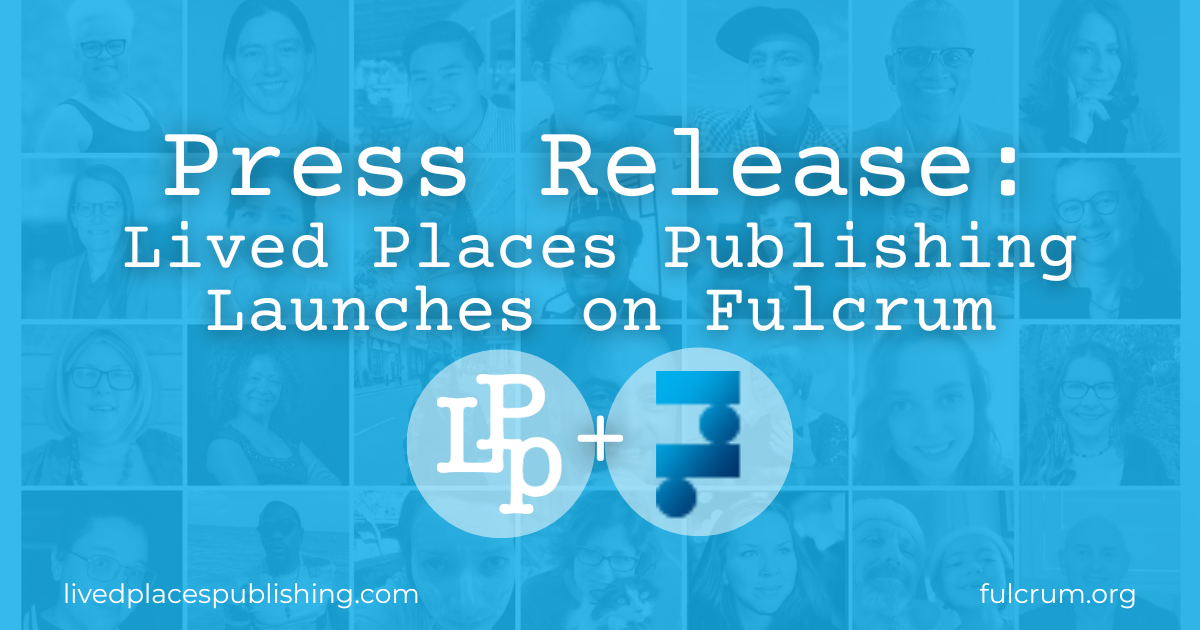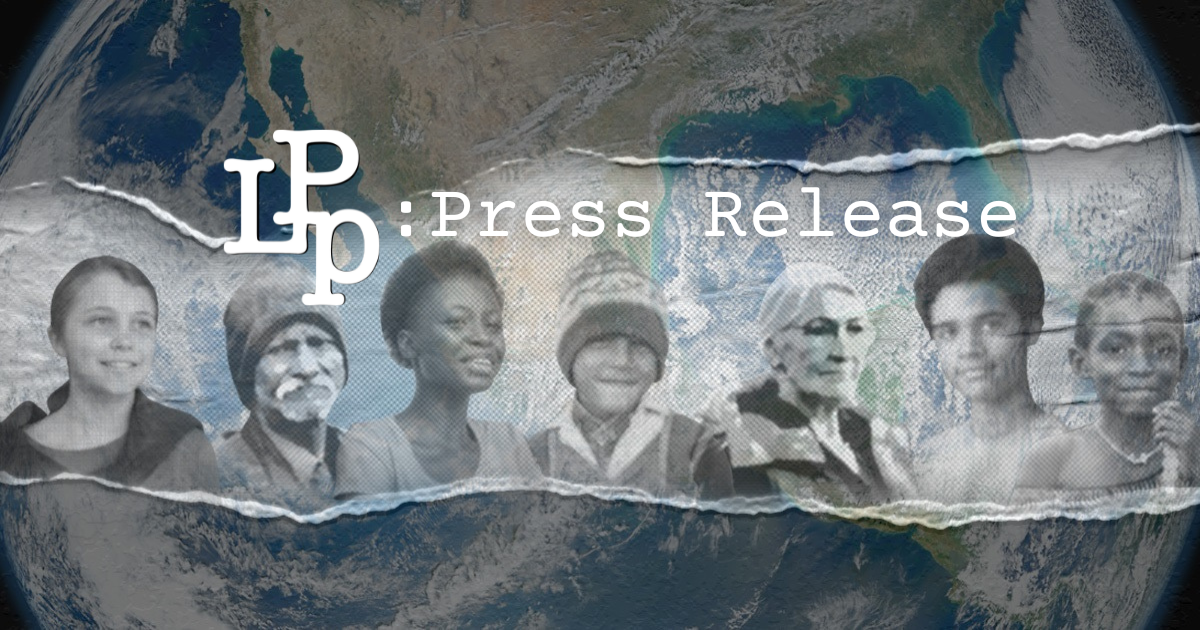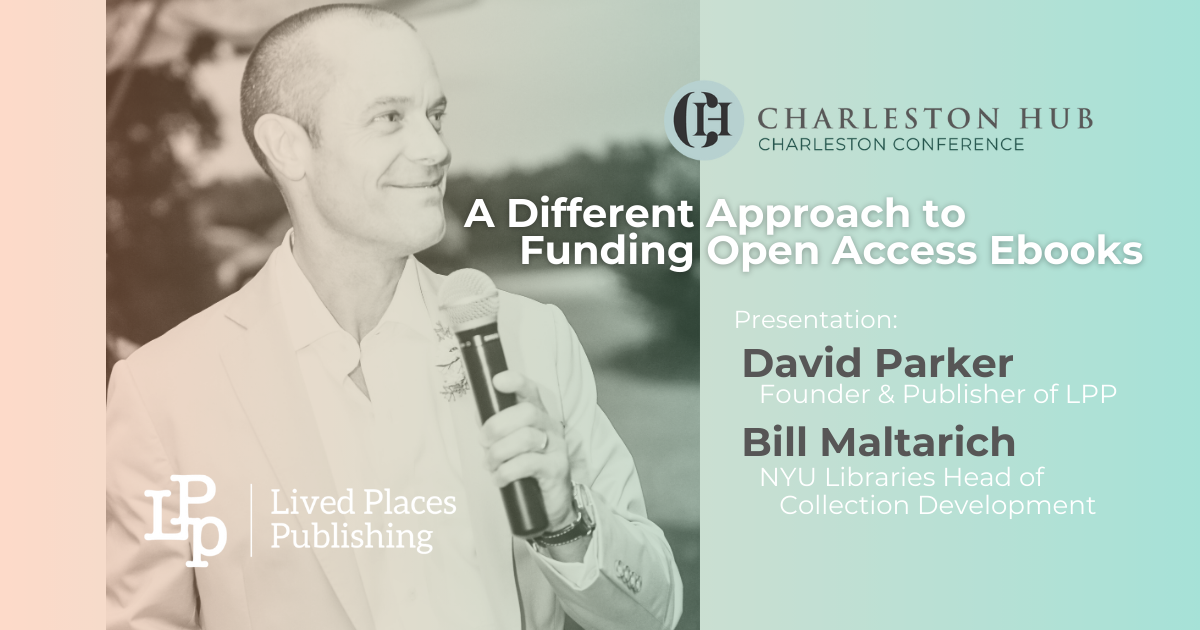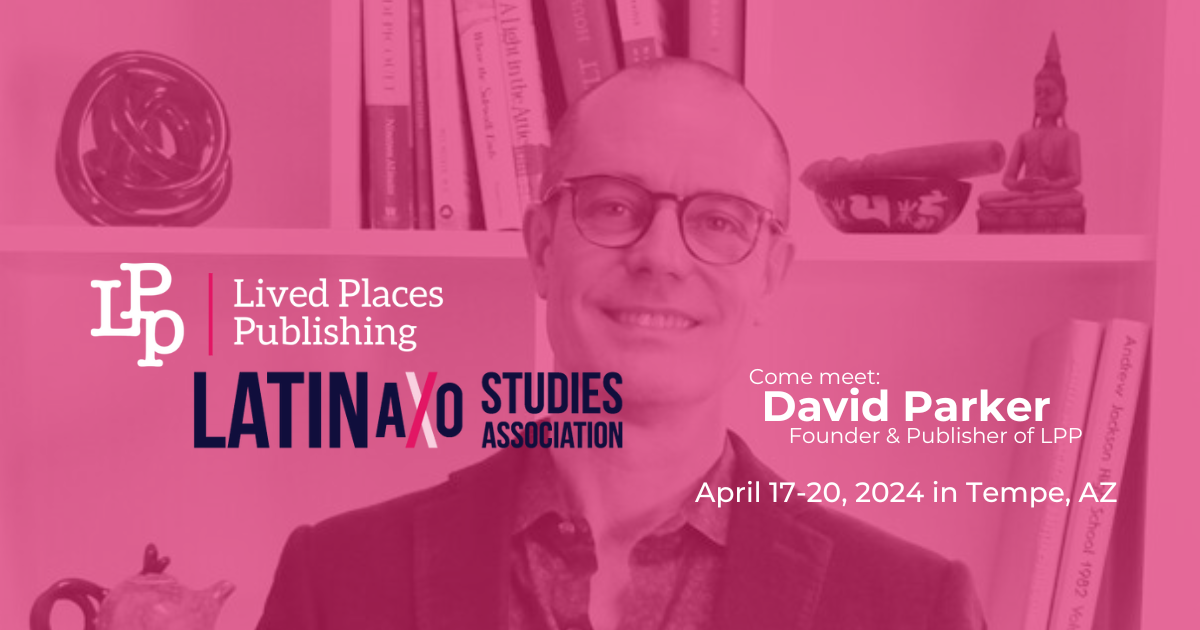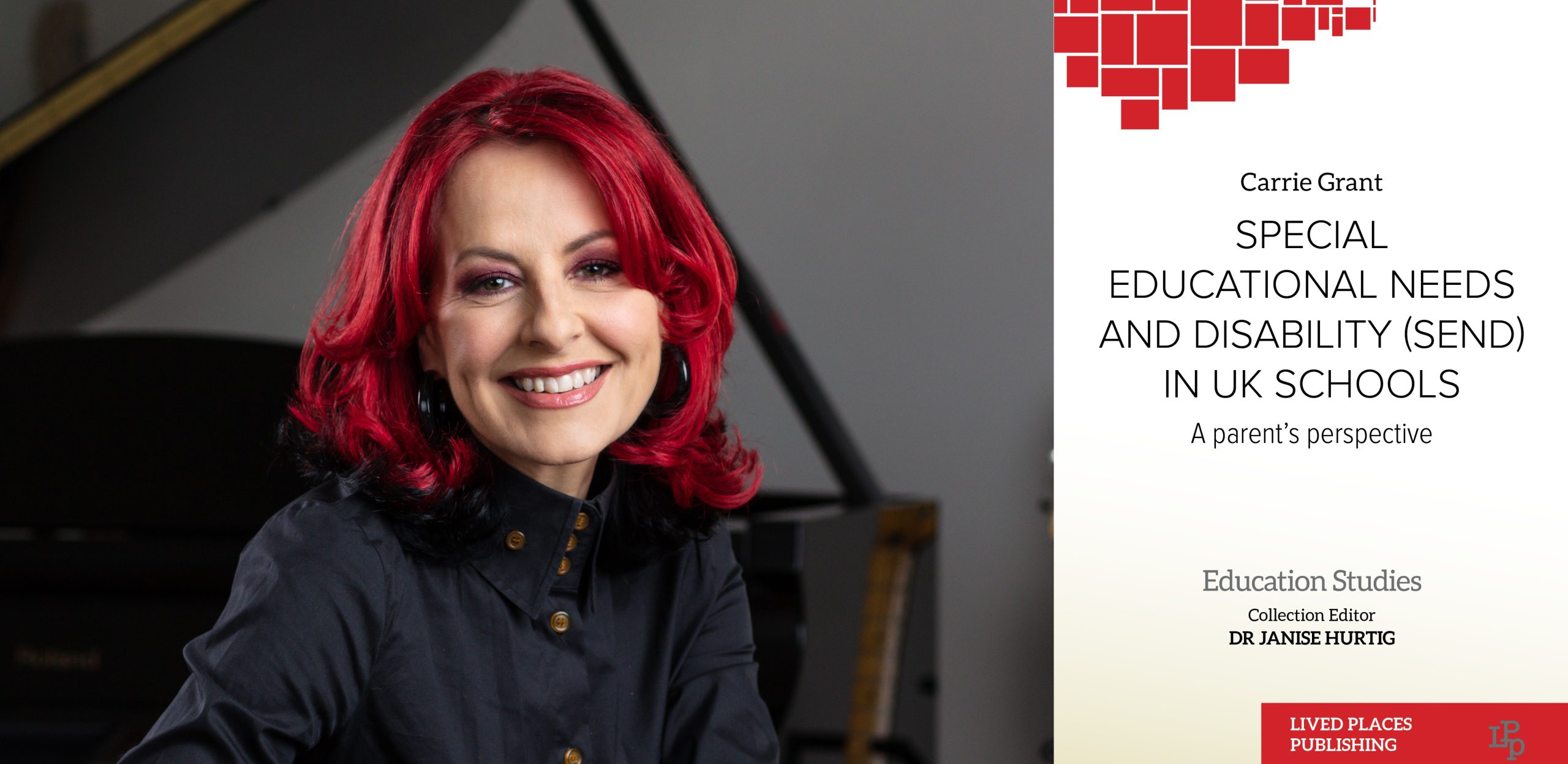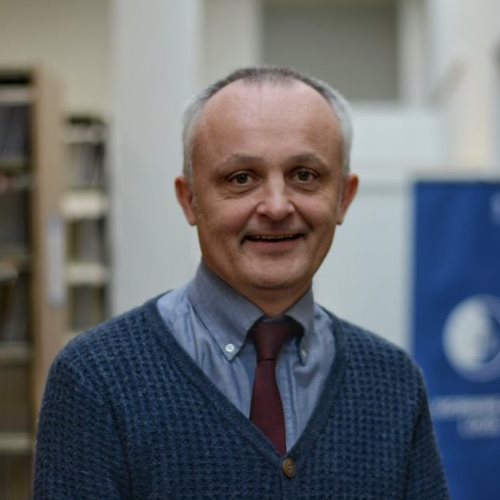Lived Places Publishing Launches on the University of Michigan Publishing’s Fulcrum Platform to Enhance Access and Discoverability of Social Identity Scholarship
Lived Places Publishing (LPP) proudly announces its official launch on the Fulcrum.org platform. This milestone marks a significant advancement in the accessibility and discoverability of scholarly content focused on social identity and the lived experience of place.

